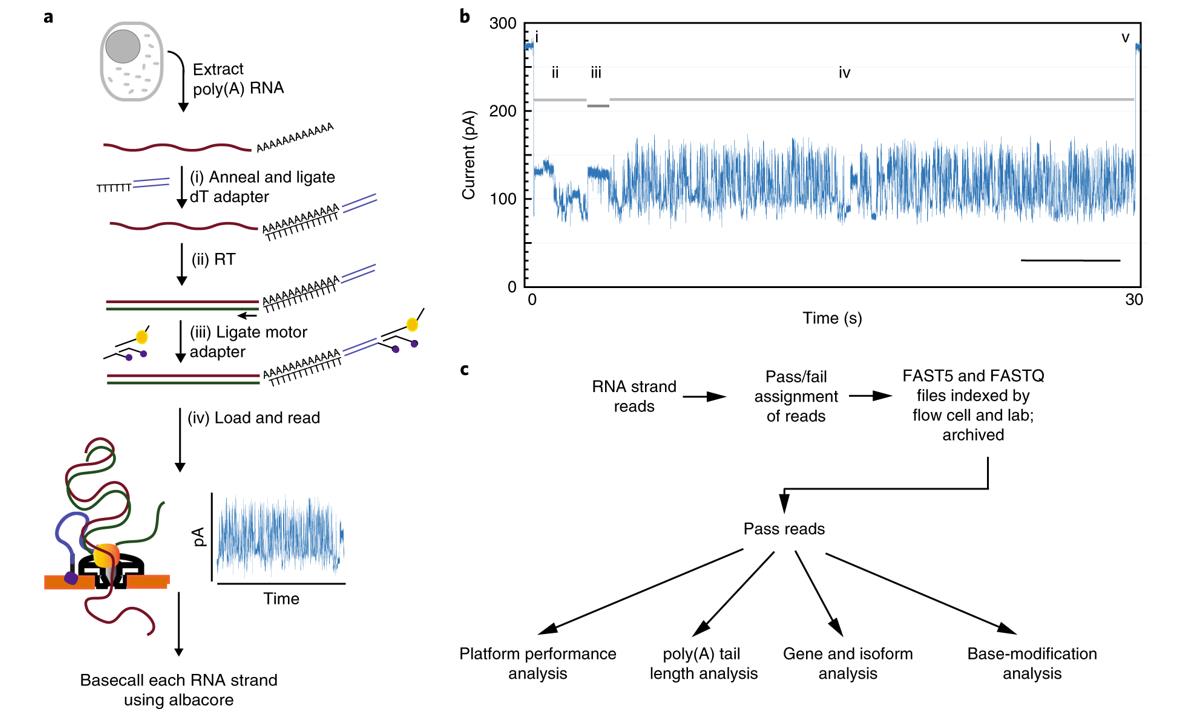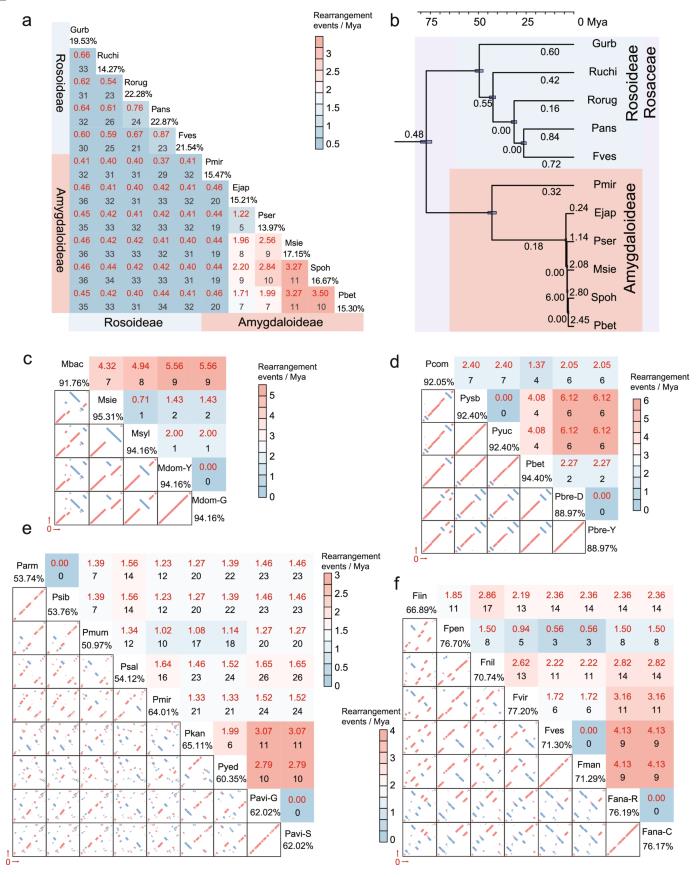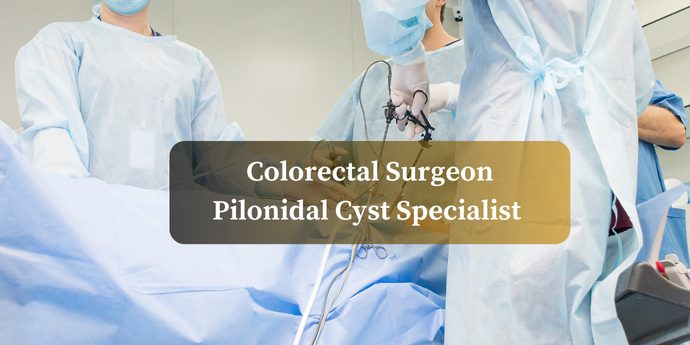Angioplasty, one of the well-known treatment procedures for resuming the blood flow through the arteries, is considered a critical medical intervention for people affected by coronary artery illness. However, achieving long-term heart health does not stop with the procedure. Drugs are an essential part of the overall process of angioplasty, and post-procedure, drugs are vital to managing a patient’s heart condition.
Importance of Medications After Angioplasty
Post angioplasty, it is considered crucial to provide medications after angioplasty for the prevention of various adverse outcomes and further enhancement of the recovery process. They aid in controlling the risk factors of heart disease and avoid the re-establishment of blockages. Several classes of drugs are invariably given to the patient after angioplasty, and each of these classes serves a particular purpose.
These inhibit future clot formation in the stent area, and examples include aspirin and clopidogrel. Beta-blockers assist in the lowering of blood pressure and rate, meaning less pressure is placed on the heart. Statin drugs are taken to reduce cholesterol levels in the patient’s bloodstream, which lessens the chance of plaque formation on the artery walls. Also, ACE inhibitors or ARBs are utilized to dilate blood vessels and reduce blood pressure to contribute to definitive heart care.
Managing Life After Angioplasty
Life after angioplasty means the patient must stick strictly to the scheduled medications. Compliance with medications given to patients helps enhance their prospects of recovery. One should not miss doses or even quit taking their medications as such actions cause the risk of developing complications that range from heart attacks to further insufficient treatment.
The other essential factor concerning patients is that follow-ups with the physicians should be done frequently. Such visits enable the doctors to assess the impact of the medications and make the required changes. To this effect, repeated blood tests, among other tests, assist in ascertaining that the intended impacts of the medicines are being realized without any side effects.
Diet and Lifestyle Changes
Thus, medications after the angioplasty procedure are not the only decisive aspects of heart health. The diet involves the moderation of saturated fats, cholesterol, and sodium intake, completing the medication’s results. A diet comprising of fruits, vegetables, whole grains as well as lean protein is beneficial to the heart and should be taken daily.
Another closely related factor is physical activity, which should be carried out regularly. Any physical activity that is not rigorously strenuous, including walking, swimming, or cycling, is beneficial in enhancing one’s cardiovascular endurance and general health. It is necessary to discuss with the healthcare provider what exercise regime is best for them.
Stress management is also crucial in everyday life after undergoing the process of angioplasty. Practices like taking time to think, meditating, or taking deep breaths, for instance, can assist in lowering stress, which is a boost to heart health.
Monitoring and Adjusting Medications
As with the different kinds of medications, administering such medicines doesn’t remain constant after angioplasty. There may be alterations in the body’s response to the treatment being used. Any side effects or issues with the treatment should be reported to the doctor by the patient.
Headache or Lightheadedness, weakness, constipation or diarrhea, nausea, and vomiting are some of the side effects of medication that most people experience after angioplasty. Even though all these side effects may be a little uncomfortable they are nonetheless treatable with the intervention of a doctor. In some cases, doctors may change patients’ drugs or adjust the quantities taken to ease such challenges.
Importance of Compliance
Patient compliance in terms of the prescribed medication is essential when overcoming long-term heart problems after the intervention of angioplasty. Failure to adhere to the prescribed treatments or lifestyles results in the re-closing of arteries or the arrival of heart attacks, among other related complications. For patients to appreciate the need for each prescribed medication and the implications of failing to adhere to the doctor’s instructions, they require sufficient knowledge of the subject matter.
Education and support from healthcare providers can also improve compliance. Patient compliance can be promoted through clear and concise medical instructions given to the patients, follow-ups, and treatment of patients’ concerns as soon as possible.
Medications and Lifestyle: A Balanced Approach
It may be noted that there are two extremes and a balanced approach to offshoring. Physical rehabilitation medications after angioplasty are part of the given picture. Therefore, the comprehensive strategy encompassing modifications in daily living, periodic examination, and stress control yields the highest results. Patients must have correct expectations of medication, specifying that it is a part of the solution and not the only answer known to treat and maintain heart health.
Addressing Common Concerns
Some patients are worried about the chronic use of drugs after the angioplasty. Some of the questions that patients often ask their doctors include how long they will be required to use the medication, any side effects they must expect, and whether the medication can be combined with other drugs. Such issues are susceptible and should be raised with the intended healthcare givers to alleviate the anonymous and informed from the health intentions.
Recurrent heart problems make patients require the use of medications in the long run to avoid future complications. Some patients may even taper off listed medicines in the future, while others may need to be on those medications for the rest of their lives. The most significant intention is to maximize the quality and outcomes of heart health and minimize the undesirable effects of all intensification processes.
Conclusion
The usage of medications after the treatment with angioplasty is rather crucial for further heart care. They help prevent complications and manage concurrent disorders in the convalescence process. They were living after angioplasty requires revamping one’s lifestyle, quite a lot of medication, frequent checkups, and stress control.
Awareness and compliance with medical advice regarding medications consumed after angioplasty make the difference in leading a healthy life and pumping the right blood. It is recommended that patients and clients adhere to the recommendations of their doctors and other caregivers, which will enable the effective implementation of the treatment regimen without compromising several essential concerns. In so doing, it will be possible for patients to gain a better quality of physical fitness and lifestyle after angioplasty.




